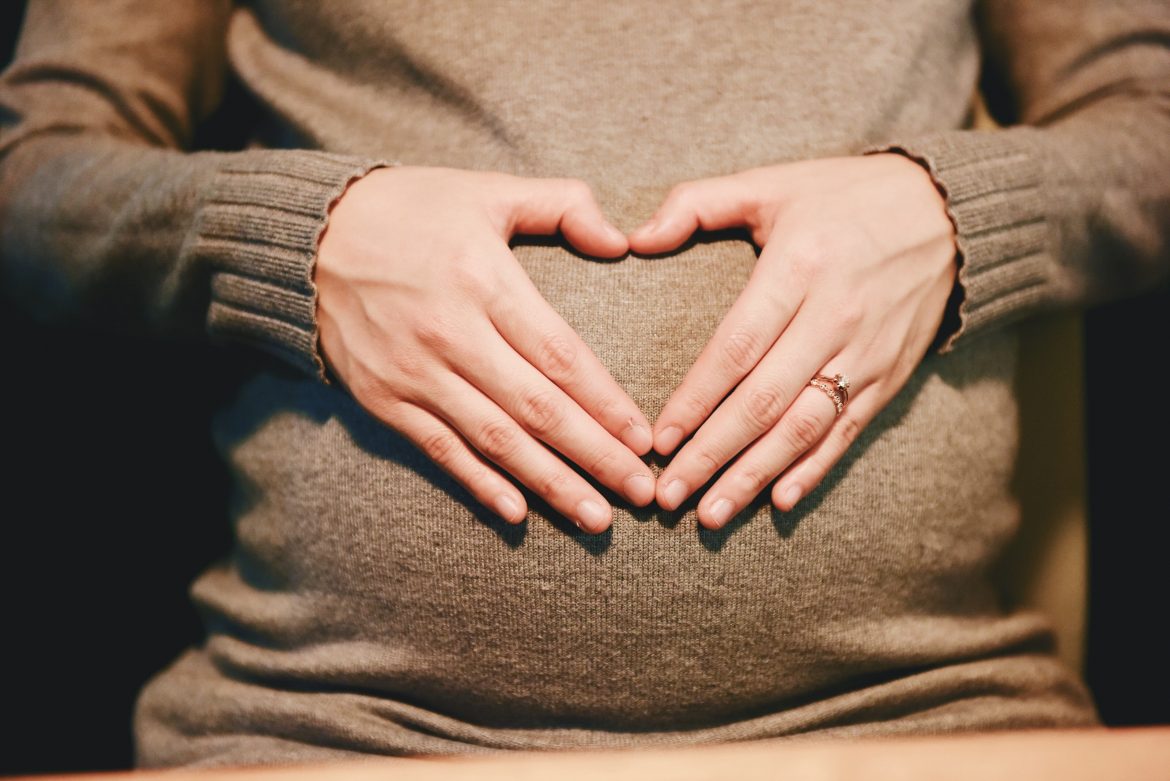Blurred vision during pregnancy? If you’re pregnant, you know you’ll probably experience morning sickness or lower back pain. But you’re likely to be surprised if your vision changes. The hormonal and physical changes that come with pregnancy can affect your eyesight – but most issues are usually minor and temporary, and your sight should return to normal after your baby is born.
However, according to the experts at Spec-Savers, any sudden change in vision that is obviously noticeable to you at any stage in your pregnancy should be reported to your optometrist, ophthalmologist, gynaecologist or GP without delay. Some potential issues to keep an eye on include:
Dry Eyes
You may notice that your eyes are drier than usual, which can make contact lenses or blinking uncomfortable.
What to do: Use artificial tears regularly throughout the day to ease dryness. If you wear contacts, check the label to make sure the drops can be used with contact lenses, as some have preservatives that can harm soft contact lenses. Also, it’s a good idea to talk to your doctor first to make sure the ingredients are safe for pregnant women.
Blurred Vision
During pregnancy, you may experience a short-sighted (myopic) change in vision. This can occur during the second or third trimester and is usually due to hormonal changes that cause changes to the cornea or lens, leading to a refractive change in the eye.
What to do: As most expectant mothers’ eyesight returns to normal after they’ve given birth, experts advise against being fitted with new glasses or contact lenses or getting corrective laser surgery during pregnancy. Six weeks post-partum will be an ideal time to get your eyes tested again.
Gestational diabetes
Gestational diabetes is diabetes diagnosed for the first time during pregnancy – usually during the last trimester. Like other types of diabetes, gestational diabetes affects how your cells process sugar and can cause blurred vision.
What to do: This condition may result in systemic health issues for you and your baby, so being checked as soon as possible is advised. The good news is that blood sugar usually returns to normal levels soon after delivery, and you can control gestational diabetes by eating healthy foods, exercising and, if necessary, taking prescribed medication.
Preeclampsia
Vision changes can also be a sign of this potentially serious condition that occurs in a small percentage of pregnant women. It is characterised by high blood pressure and signs of damage to another organ system, most often the liver and kidneys. Preeclampsia usually begins after 20 weeks of pregnancy in women whose blood pressure had previously been normal. Vision symptoms include:
- Temporary loss of vision
- Light sensitivity
- Blurry vision
- Seeing auras, flashing lights, or spots
What to do: If you have any of these symptoms, call your gynaecologist as soon as possible or go to the ER. Preeclampsia can progress rapidly and left untreated, can lead to serious — even fatal — complications for both you and your baby.
All Spec-Savers stores are equipped with sophisticated equipment that allows the optometrist to view inside the eye and complete a comprehensive eye exam including the assessment of systemic health conditions. They can also advise you on other minor eye irritations or issues caused by your pregnancy. Please book an appointment at your local Spec-Savers branch at least six weeks post-partum if you feel that your vision changed noticeably during your pregnancy.
ALSO SEE A GUIDE TO HEALTHIER EYES

